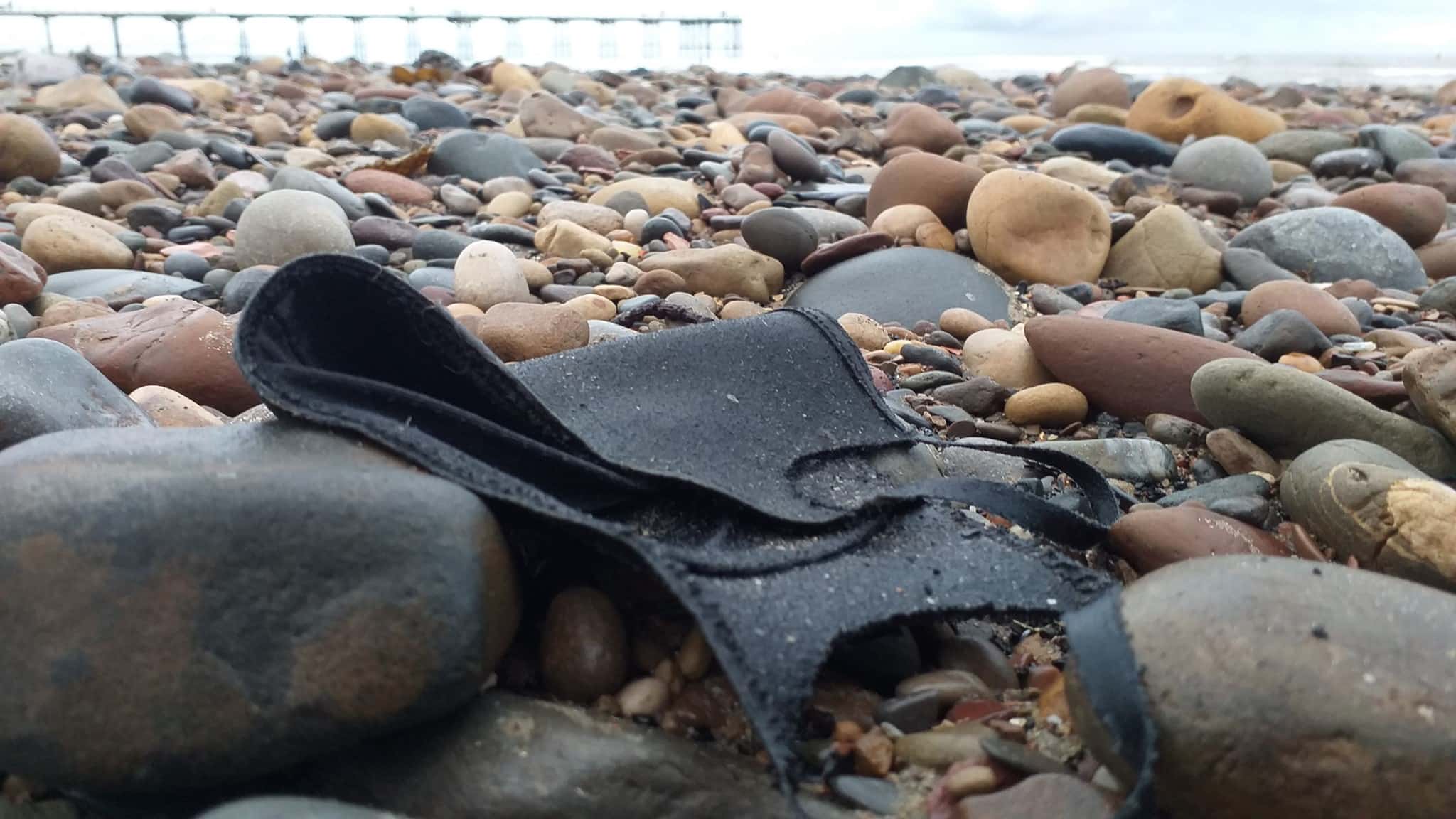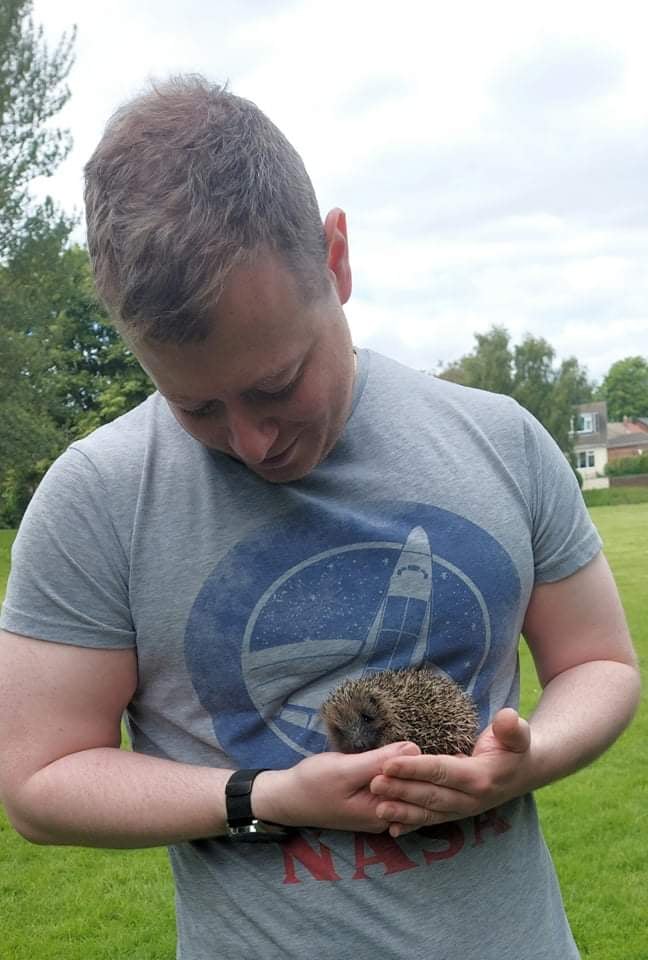
MASKS and PPE threaten marine life as they continue to litter the North East coast, with up to 30% of beaches affected, according to new figures.
The Marine Conservation Society found that PPE was dumped on nearly a third of beaches that had been cleaned during the Great British Beach Clean.
This included 207 PPE items found from 385 total cleans.
Colin Stonehouse and Susie Corbishley, Marine Wildlife Guardians from BeachesToClean, carry out beach cleans regularly at numerous sites across the North East, including Redcar Stray, Marske, Saltburn, Skinningrove, Runswick Bay and Robin Hood’s Bay.
They said: “We find some medical masks, but it consists more of disposable masks. Some are being found underwater also.
“Disposable masks pose a huge threat to wildlife and it is important to dispose of them safely.
“They are made from polyurethane, which takes hundreds of years to break down. They shed microplastics that can be ingested by marine life, whilst seabirds become entangled by the ear straps.”
This worsens the already dangerous levels of microplastics in our oceans, as well as affecting local wildlife.
Colin and Susie also called for greater enforcement and awareness of the litter and PPE dumped on beaches.
“We think local councils and councillors should do much more, we lobbied local MPs and councillors for an endorsement to litigation of litter,” they said.
BeachesToClean operate across their eight beach sites, carrying out cleans, surveys and audits of the type and amount of waste found.
The audits are sent off to the Marine Conservation Society and Defra (Department for the Environment, Food and Rural Affairs).
PPE is adding to the increasing burden of plastics found on UK beaches, including those in the North East.
In one of BeachesToClean’s latest surveys in Saltburn, plastic and polystyrene accounted for 56.8% of the 1,664 items of litter found over just 100 metres of beach.
PPE was included in this survey as a sanitary product, which accounted for the second-highest amount of litter (37.7%).
Disposing of PPE safely and responsibly is not just a health issue, but also a key environmental one in the fight to protect marine life.
Colin and Susie said: “We try to reduce the disturbances, dangers and litter to our marine environment every way we can.
“Without the loyal support of all the volunteers out there, the problems would be far greater.”
They say they will continue to clean the beaches, keeping marine life safe and preserving the beauty of our North East beaches.



